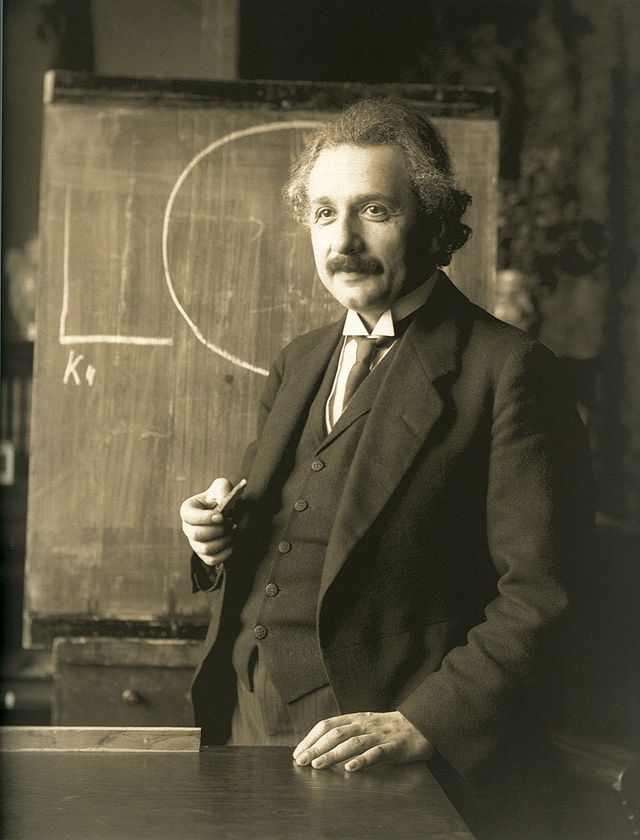| To recognize outstanding accomplishments in the field of gravitational physics. The prize consists of $10,000 and a certificate citing the contributions of the recipient. It also includes an allowance for the recipient to travel to a meeting of the Society to receive the award and deliver a lecture. It is awarded biennially in odd-numbered years.
The APS Topical Group in Gravitation is growing and will soon reach division status. As part of our transition from APS Topical Group to APS Division, the GGR Executive Committee seeks to award the Einstein Prize on a yearly basis. For this the Prize’s endowment must be increased and we are seeking contributions to the Einstein Prize endowment! Any amount you can contribute counts — and is tax deductible! Please go to the APS website to conveniently contribute on-line or send a check payable “APS / Einstein Prize” to American Physical Society, Development Department, Att: Darlene Logan, One Physics Ellipse, College Park, MD 20740 |
 (F. Schmutzer, 1921) |
Einstein Prize Recipients:
| 2019 | Abhay Ashtekar
“For numerous and seminal contributions to general relativity, including the theory of black holes, canonical quantum gravity, and quantum cosmology.“ |
| 2017 | Robert M. Wald
“For fundamental contributions to classical and semiclassical gravity studies, in particular, the discovery of the general formula for black hole entropy, and for developing a rigorous formulation of quantum field theory in curved spacetime.“ |
| 2015 | Jacob Bekenstein
“For his ground-breaking work on black hole entropy, which launched the field of black hole thermodynamics and transformed the long effort to unify quantum mechanics and gravitation.“ |
| 2013 | Irwin I. Shapiro
“For his contributions to experimental solar system tests of relativistic theories of gravity, and in particular for proposing and measuring the Shapiro time delay effect.“ |
| 2011 | Ezra Newman
“For outstanding contributions to theoretical relativity, including the Newman-Penrose formalism, Kerr-Newman solution, Heaven, and null foliation theory. For his intellectual passion, generosity and honesty, which have inspired and represented a model for generations of relativists.“ |
| 2009 | James Hartle
“For a broad range of fundamental contributions to relativistic stars, quantum fields in curved spacetime, and especially quantum cosmology.“ |
| 2007 | Rainer Weiss and Ronald Drever
“For fundamental contributions to the development of gravitational wave detectors based on optical interferometry, leading to the successful operation of the Laser Interferometer Gravitational Wave Observatory.“ |
| 2005 | Bryce DeWitt
“For a broad range of original contributions to gravitational physics, especially in quantum gravity, gauge field theories, radiation reaction in curved spacetime, and numerical relativity; and for inspiring a generation of students.“ |
| 2003 | John A. Wheeler and Peter G. Bergmann
“For pioneering investigations in general relativity, including gravitational radiation, quantum gravity, black holes, space time singularities, and symmetries in Einstein’s equations, and for leadership and inspiration to generations of researchers in general relativity.“ |
